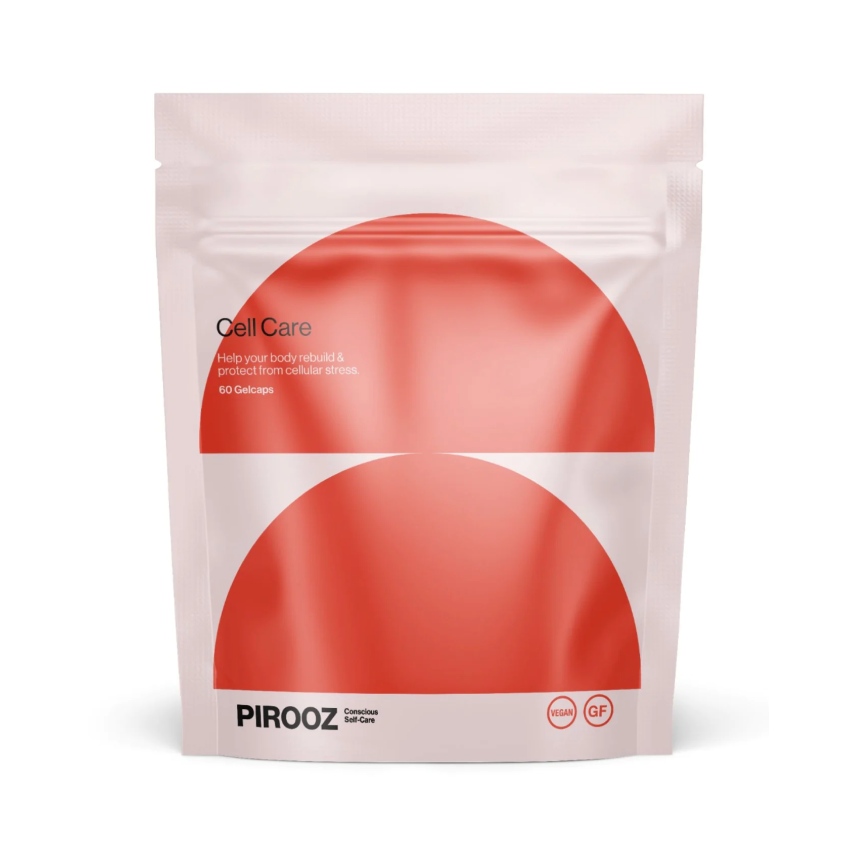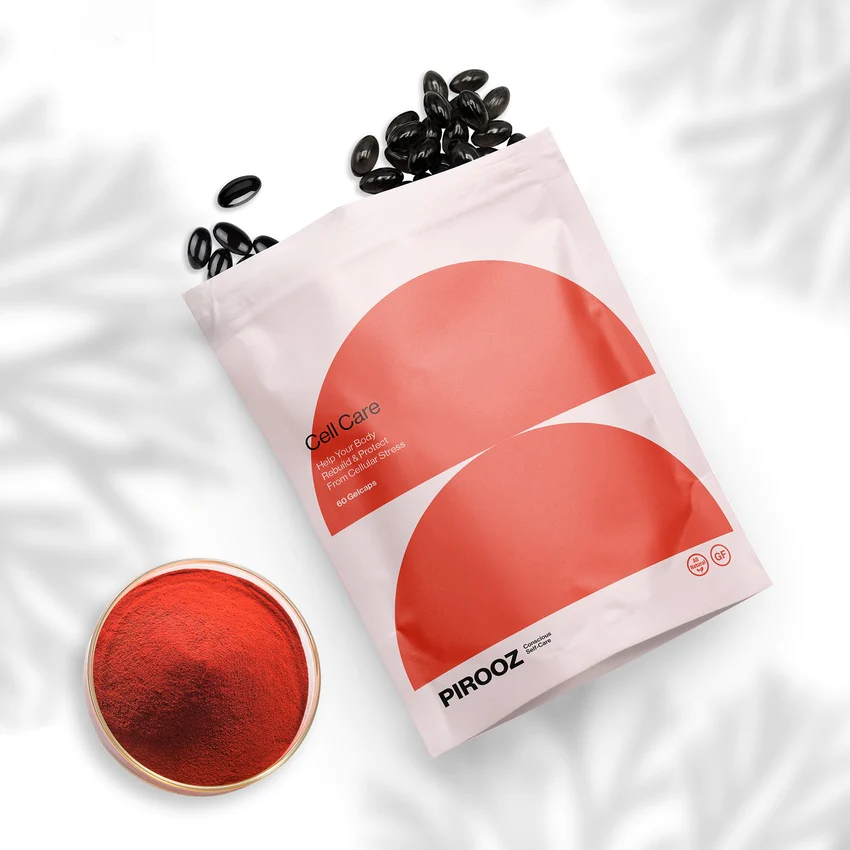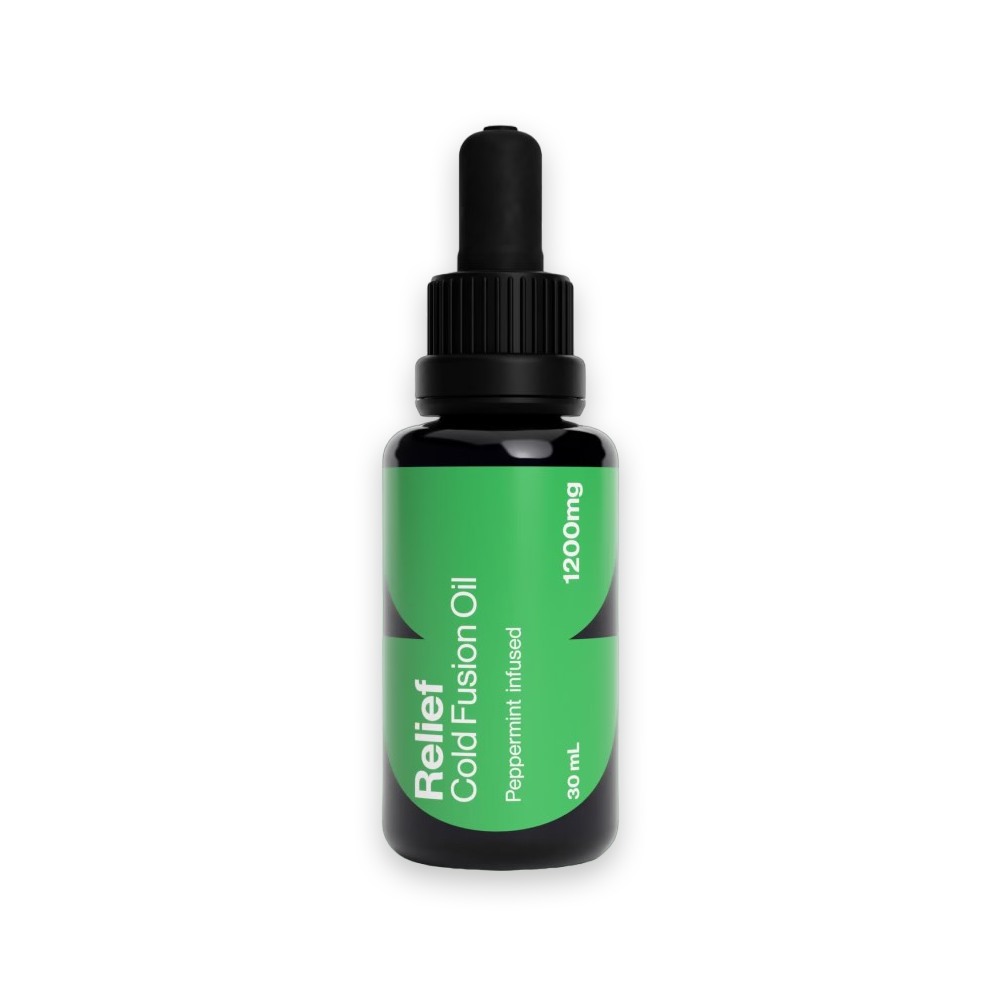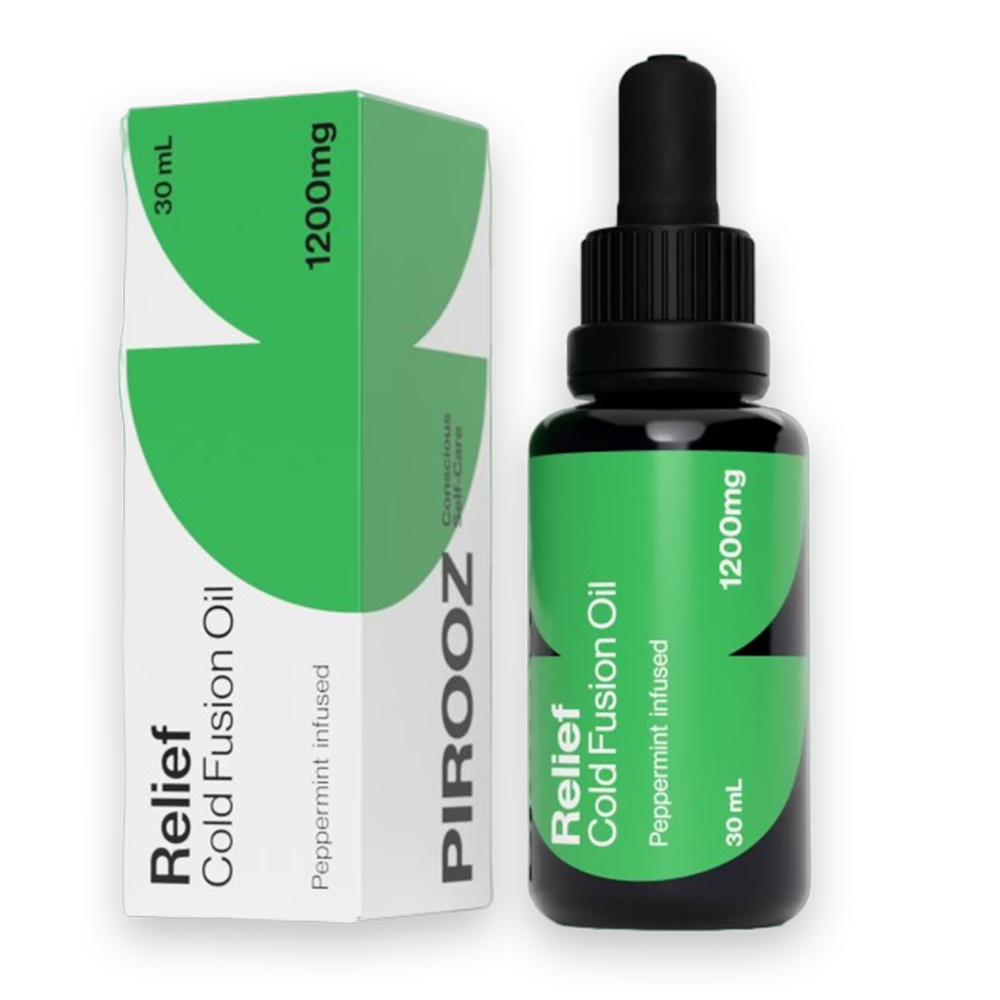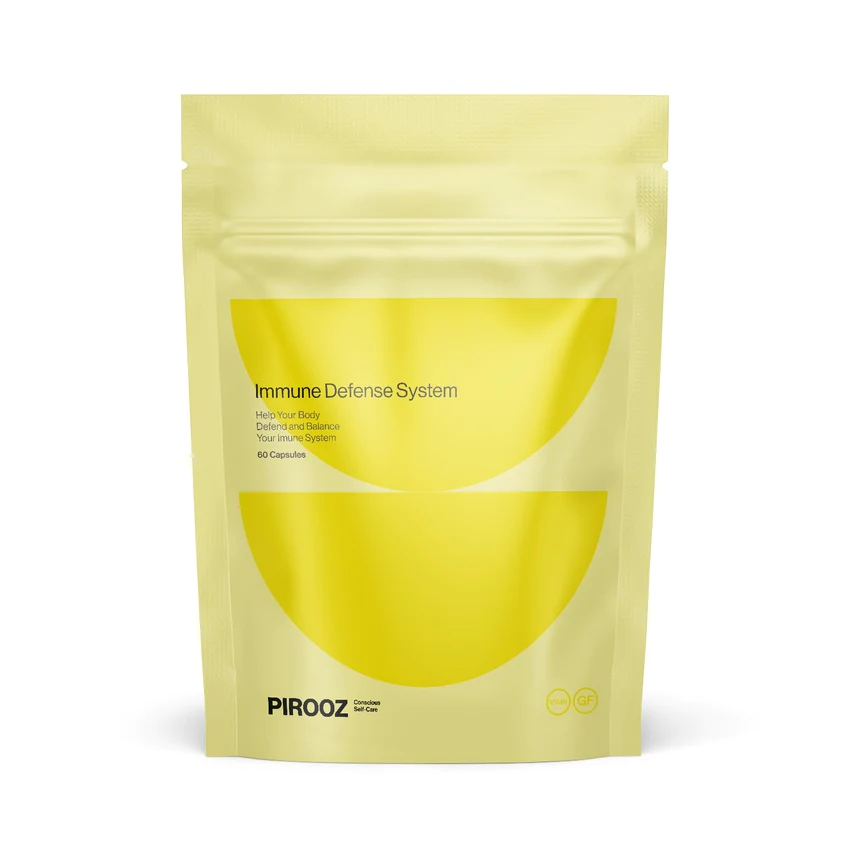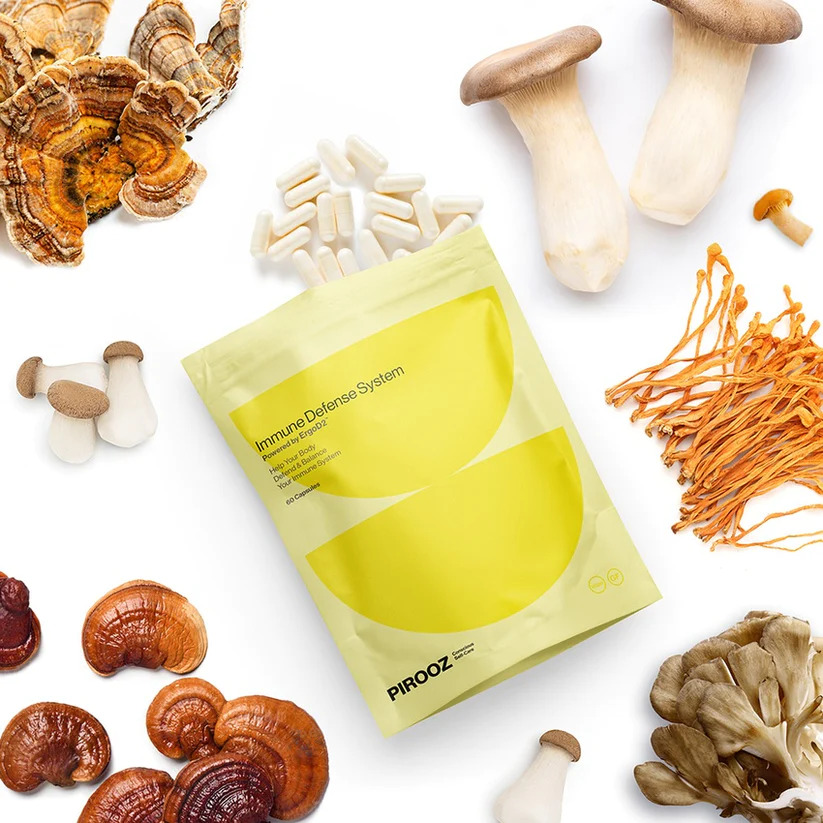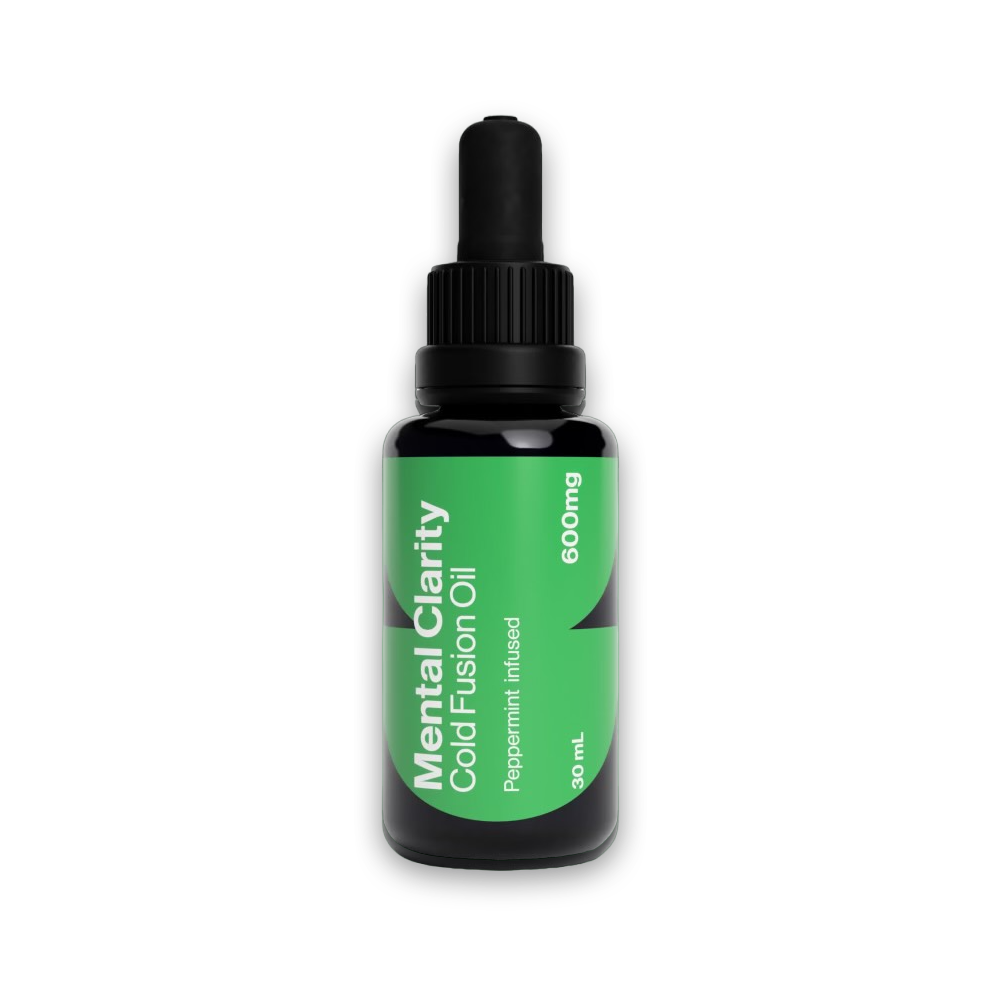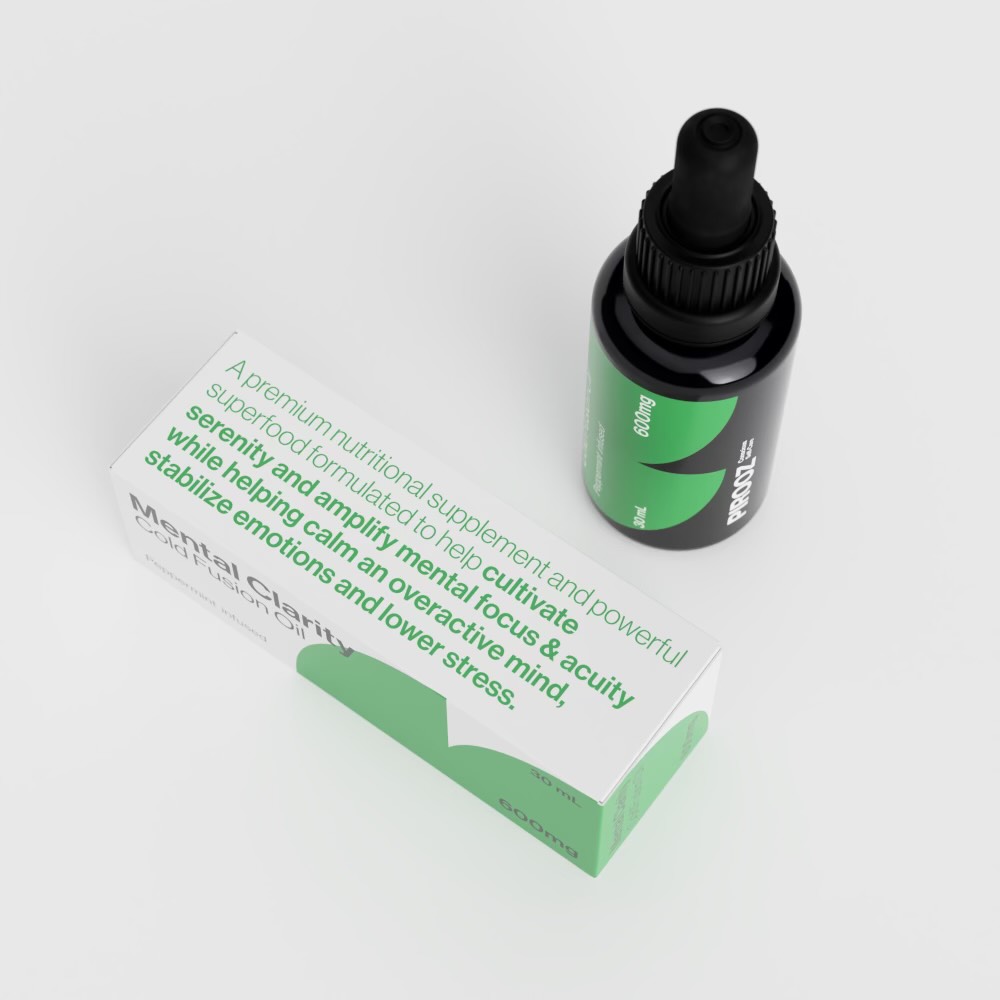
Beat the Winter Woes: Essential Nutrients for Cold and Flu Season
As the colder months approach, so does the dreaded cold and flu season – a time when viruses lurk around every corner, threatening to derail our busy lives with unpleasant symptoms. While an occasional sniffle or cough may be inevitable, arming your body with the proper nutrients can make a difference in boosting your immune defenses and fighting off those pesky viruses before they take hold. From the sniffling coworker in the next cubicle to the coughing stranger on the bus, winter presents a minefield of potential illnesses waiting to strike. However, fortifying your immune system with essential vitamins, minerals, and other potent compounds can significantly reduce your susceptibility to these viral invaders and potentially minimize the duration and severity of any infections you encounter. Rest assured; numerous scientific studies have demonstrated the remarkable ability of certain nutrients to support optimal immune function, enhancing the body’s natural defenses against pathogens. From the well-known antioxidant powerhouse vitamin C to the multitasking mineral zinc, these essential nutrients act as immune system allies, priming our bodies to fend off respiratory infections more effectively. But the benefits continue beyond there. Emerging research has also shed light on the immune-boosting potential of natural compounds like elderberry, probiotics, and even certain mushroom varieties, each offering unique mechanisms to bolster our defenses during the challenging winter months.
So, let us dive into the essential nutrients you need to stay healthy and beat the winter woes.
Zinc:
A Multitasking Mineral for best Immune Support Zinc is a mineral that plays a vital role in various aspects of immune function, including developing and activating immune cells, wound healing, and producing antibodies (Wessels et al., 2017). It also has antioxidant and anti-inflammatory properties, making it a valuable ally in fighting respiratory infections. Several studies have highlighted the potential benefits of zinc supplementation in reducing the duration and severity of cold symptoms. A systematic review published in the Cochrane Database of Systematic Reviews found that zinc lozenges or syrups could shorten the duration of cold symptoms by up to 33% when taken within 24 hours of symptom onset (Singh & Das, 2013). While zinc deficiency is relatively uncommon in developed countries, certain groups, such as vegetarians, older adults, and those with digestive disorders, may be at higher risk. Incorporating zinc-rich foods like oysters, beef, and pumpkin seeds into your diet can help ensure adequate intake. However, during cold and flu season, a zinc supplement of 15-30 mg daily may boost your immune defenses.
Probiotics:
Gut Health’s Immune Allies The connection between gut health and immune function is undeniable. The gut is home to over 70% of our immune cells, and a healthy gut microbiome plays a crucial role in regulating immune responses (Bermudez-Brito et al., 2012). Probiotics, the beneficial bacteria found in fermented foods and supplements, have been shown to modulate the immune system and enhance its ability to fight off infections. A meta-analysis published in the British Journal of Nutrition found that probiotic supplementation could significantly reduce the incidence, duration, and severity of respiratory infections ( Wang et al., 2021). While incorporating probiotic-rich foods like yoghurt, kefir, and sauerkraut into your diet is always a good idea, supplementation may be particularly beneficial during cold and flu season. Look for high-quality probiotic supplements containing strains like Lactobacillus and Bifidobacterium and aim for a daily dosage of at least 10 billion CFUs (colony-forming units).
Vitamin C:
The Immune System’s Best Friend When it comes to immune support, vitamin C is a true powerhouse. This water-soluble vitamin is a potent antioxidant that neutralizes harmful free radicals and protects cells from oxidative stress. However, that is not all – vitamin C also plays a crucial role in various immune processes, including producing white blood cells and antibodies ( Carr & Maggini, 2017). Numerous studies have demonstrated the effectiveness of vitamin C in reducing the risk and duration of respiratory infections. A meta-analysis published in the Cochrane Database of Systematic Reviews found that supplementing with vitamin C could shorten the duration of cold symptoms by an average of 8% in adults and 14% in children ( Hemilä & Chalker, 2013). While it is essential to include vitamin C-rich foods like citrus fruits, bell peppers, and broccoli, supplementation may be beneficial during increased stress or illness. Aim for a daily intake of 75-90 mg for adults and consider increasing your dosage at the first signs of a cold or flu.
Elderberry:
Nature’s Antiviral Powerhouse Elderberry, a humble berry with a long history in traditional medicine, has gained significant attention for its potent antiviral and immune-boosting properties. This superfruit is packed with flavonoids, anthocyanins, and other bioactive compounds that have been shown to inhibit viral replication and reduce inflammation ( Hawkins et al., 2019). A meta-analysis published in the journal Complementary Therapies in Medicine found that supplementing with elderberry could significantly reduce the duration and severity of cold and flu symptoms ( Hawkins et al., 2019). Some studies reported a reduction in symptom duration of up to four days compared to placebo. While fresh or frozen elderberries can be incorporated into your diet, many prefer to take elderberry supplements like syrups, gummies, or capsules for convenience. Typical dosages range from 300-1,500 mg per day during cold and flu season, with higher doses often recommended at the onset of symptoms.
Vitamin D:
The Sunshine Vitamin for Immune Support Vitamin D, often called the “sunshine vitamin,” plays a vital role in immune function and has been linked to a reduced risk of respiratory infections. This fat-soluble vitamin helps regulate the production of antimicrobial proteins and modulates the immune system’s inflammatory response (Greiller & Martineau, 2015). Several studies have found an association between vitamin D deficiency and an increased risk of respiratory infections, particularly in children and older adults (Pham et al., 2019). Conversely, supplementing with vitamin D has been shown to reduce the risk and severity of respiratory infections, particularly in those with low baseline levels ( Martineau et al., 2017). While sun exposure is the primary source of vitamin D for most people, dietary sources like fatty fish, egg yolks, and fortified foods can also contribute to your daily intake. During the winter months, when sun exposure is limited, supplementation may be necessary to maintain optimal vitamin D levels. The recommended daily intake for adults is 600-800 IU, but higher doses may be advised for those with deficiency or increased risk of respiratory infections.
Immune-Boosting Mushrooms:
Nature’s Antiviral Allies In addition to the nutrients mentioned above, certain mushroom blend supplements have gained recognition for their potent immune-boosting and antiviral properties. These functional fungi contain a wealth of bioactive compounds, including beta-glucans, terpenoids, and polyphenols, which have been shown to modulate the immune system and enhance its ability to fight off infections.
Reishi Mushroom:
Known as the “king of mushrooms” in traditional Chinese medicine, reishi (Ganoderma lucidum) has been revered for its immune-enhancing effects. Studies suggest that reishi can stimulate the production of white blood cells, increase natural killer cell activity, and possess antiviral properties against influenza viruses (Boh, 2013).
Maitake Mushroom:
This delicious culinary mushroom (Grifola frondosa) is also a powerhouse of immune-boosting compounds. Maitake has been shown to activate various immune cells, including macrophages and T-cells, and may help regulate the inflammatory response (Mayell, 2001).
Turkey Tail Mushroom:
With its distinctive striped appearance, the turkey tail mushroom (Coriolus versicolor) has been used in traditional medicine for centuries. Recent research has highlighted its potential to stimulate the immune system, inhibit viral replication, and even enhance the efficacy of conventional cancer treatments (Standish et al., 2008).
Beech Mushroom (Hericium erinaceus):
With its distinctive lion’s mane-like appearance, the beech mushroom has been traditionally used in Chinese medicine to promote longevity and vitality. Modern research has uncovered the immunomodulatory potential of this mushroom, with studies suggesting that it can enhance the proliferation and activity of various immune cells, including T-cells and natural killer cells (Cui & Chisti, 2003). Furthermore, beech mushrooms contain potent antioxidants, such as phenolic compounds and ergothioneine, which may help protect immune cells from oxidative stress (Kalaras et al., 2017).
King Trumpet Mushroom (Pleurotus eryngii):
Often overshadowed by its more famous cousin, the oyster mushroom, the king trumpet boasts a unique nutritional profile and a potent array of bioactive compounds. Research has shown that king trumpet mushrooms contain beta-glucans, which can stimulate the activity of immune cells like macrophages and natural killer cells (Rahi & Soni, 2014). Additionally, these mushrooms are rich in antioxidants and anti-inflammatory agents, further contributing to their immune-modulating effects (Shen et al., 2017).
Caterpillar Club Mushroom (Cordyceps militaris):
While it may have an unconventional name, the caterpillar club mushroom is a powerhouse of immune-boosting compounds. This fungus is a rich source of polysaccharides, particularly beta-glucans, which have been shown to activate macrophages and stimulate the production of cytokines, key signalling molecules in the immune system (Sheng et al., 2021). Additionally, cordyceps mushrooms contain a unique group of bioactive compounds called cordycepins, demonstrating antiviral and anti-inflammatory properties (Zhang et al., 2018).
Final Thought –
While these essential nutrients play a vital role in supporting immune function, it is important to remember that a balanced and varied diet is the foundation for overall health and resilience against infections. Incorporate various nutrient-dense foods, including fruits, vegetables, whole grains, lean proteins, and healthy fats, to ensure you get a wide range of immune-boosting vitamins, minerals, and antioxidants.
Additionally, prioritize lifestyle factors like adequate sleep, stress management, and regular exercise, as these can significantly impact your immune function. By taking a holistic approach and arming yourself with the proper essential nutrients, you will be better equipped to beat the winter woes and enjoy a healthier, more vibrant cold and flu season. Enhancing your immune defenses with functional mushrooms like reishi, maitake, turkey tail, king trumpet, beech, and caterpillar club can provide protection. These remarkable fungi are packed with potent bioactive compounds that modulate the immune system, stimulate immune cell activity, and possess antiviral and anti-inflammatory properties. We at PIROOZ stand out as the premier choice for those seeking a comprehensive, all-in-one solution. This cutting-edge supplement combines the power of the six immune-boosting mushrooms mentioned above with other essential vitamins, minerals, and botanical extracts to deliver a potent immune-fortifying formula. What truly sets PIROOZ Immune Defense apart is its superior formulation and commitment to quality. Unlike standard vitamin C or D supplements, which only provide a single nutrient, this innovative product harnesses the synergistic effects of multiple immune-supporting compounds, offering a more comprehensive approach to immune health. PIROOZ Immune Defense is meticulously crafted with the highest-quality, sustainably sourced ingredients and undergoes rigorous testing to ensure purity, potency, and efficacy. By combining the antioxidant and immune-modulating properties of these functional mushrooms with the well-established benefits of vitamins like C and D, this supplement provides a powerful defense against the onslaught of winter viruses.



